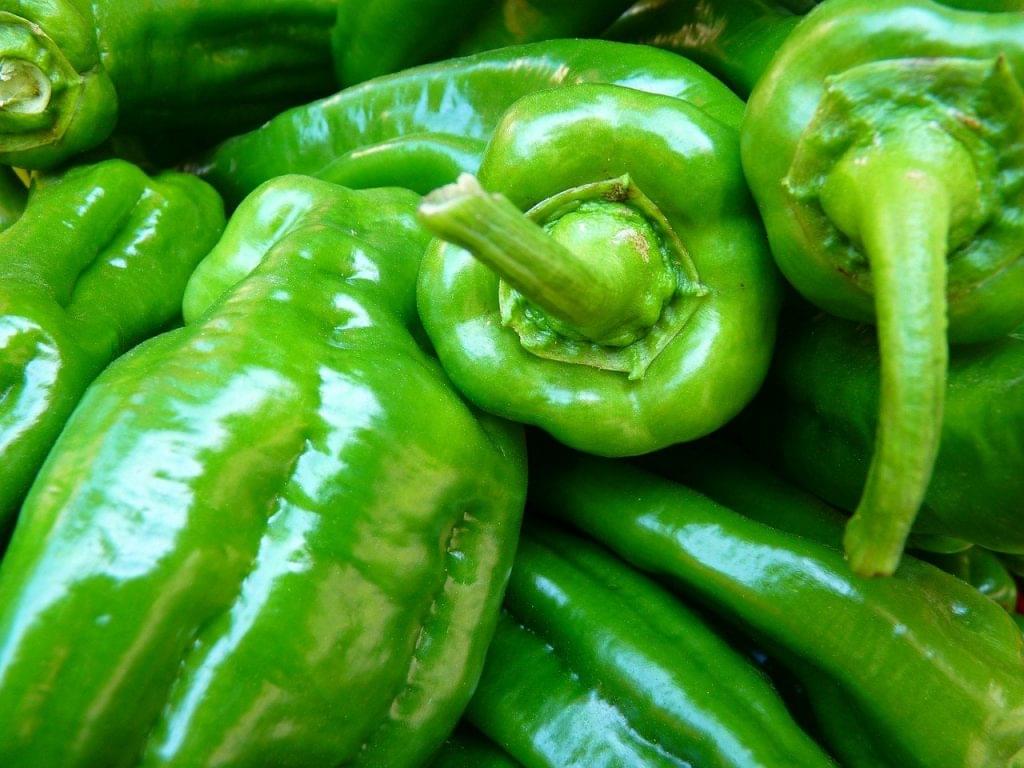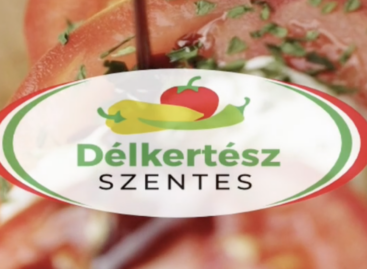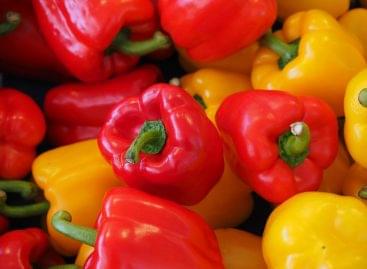Nébih: all sharp-strong pepper seeds met the requirements
Specialists of the National Food Chain Safety Office (Nébih) examined the seeds of hot hot peppers in the latest test of the Supermint program, all 12 products met all requirements – Nébih announced on Tuesday.
 During its most recent test, Süpermenta examined a total of 12 seeds intended for sowing in small gardens, among which were four coated and seven hybrids. Regarding their origin, nine were domestic and three were foreign – they wrote.
During its most recent test, Süpermenta examined a total of 12 seeds intended for sowing in small gardens, among which were four coated and seven hybrids. Regarding their origin, nine were domestic and three were foreign – they wrote.
Nébih’s specialists examined the main quality indicators of the seeds: the ability to germinate and the purity. They also checked the foreign seed content of the batches, i.e. whether they contain foreign seeds of a different species than peppers. According to the results, each product met the relevant limit values.
In the popularity test, the products were evaluated based on important aspects such as the information on the packaging and the existence and comprehensibility of the instructions for use. In addition, the office’s experts evaluated the results of laboratory tests of the most important quality indicators: germination capacity and purity. The final ranking was based on the aggregated results of the popularity test and the official test, the detailed test results are available on the Nébih Supermint product test page.
Related news
Hungary is building on paprika: 10th place in Europe in fresh paprika exports, 5th in dried ones
🎧 Hallgasd a cikket: Lejátszás Szünet Folytatás Leállítás Nyelv: Auto…
Read more >DélKertész: Hungarian vegetables are delivered to your home
🎧 Hallgasd a cikket: Lejátszás Szünet Folytatás Leállítás Nyelv: Auto…
Read more >Price pressure and oversupply in the global bell pepper market
🎧 Hallgasd a cikket: Lejátszás Szünet Folytatás Leállítás Nyelv: Auto…
Read more >Related news
(HU) Átadták a SIRHA Budapest 2026 Innovációs Termékverseny díjait
🎧 Hallgasd a cikket: Lejátszás Szünet Folytatás Leállítás Nyelv: Auto…
Read more >HELL CITY has arrived, led by Michele Morrone
🎧 Hallgasd a cikket: Lejátszás Szünet Folytatás Leállítás Nyelv: Auto…
Read more >








